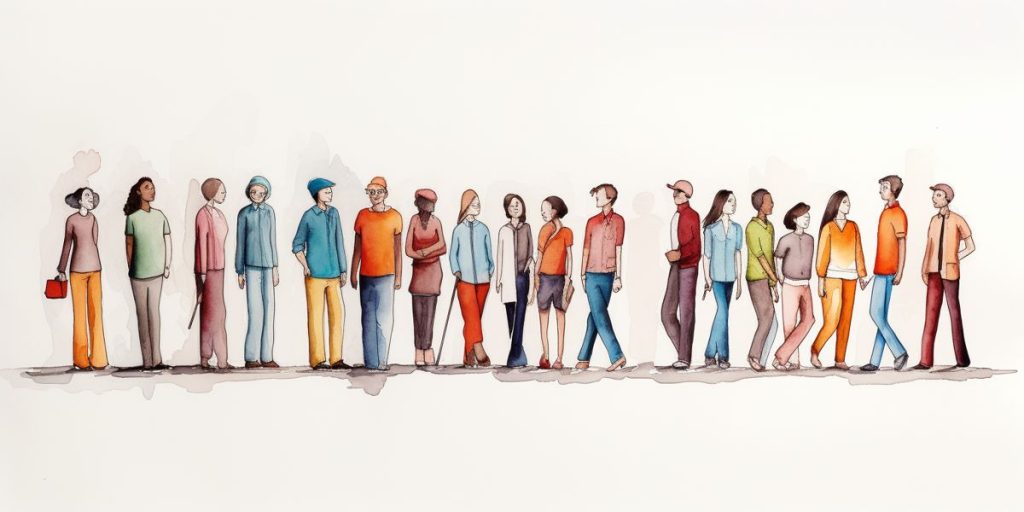Government officials have identified persisting challenges to gender equality, including underreported sexual harassment, inaccessible free contraception, an unrelenting wage gap, societal stereotypes reinforcing patriarchy, insufficient use of funding for women entrepreneurship, and a lack of recognition for biological differences in legislative processes. Despite legislative advances, these issues highlight the ongoing complexity in achieving true gender equality.
What are the persisting challenges to gender equality according to officials?
The persisting challenges to gender equality include underreported sexual harassment, inaccessible free contraception, an unrelenting wage gap, societal stereotypes reinforcing patriarchy, insufficient use of funding for women entrepreneurship, and a lack of recognition for biological differences in legislative processes. Despite legislative advances, these issues highlight the ongoing complexity in achieving true gender equality.
Progress and Obstacles in Gender Equality
Justice Minister Anna Procopiou has voiced a clear message: the road to gender equality is still steep and thorny. Outstanding efforts spanning years have indeed made a dent, but underreported sexual harassment, inaccessible free contraception, and an unrelenting wage gap are glaring issues that refuse to budge. These findings stem from a thorough review of the national action plan from 2019 to 2023, which focuses on bridging the disparities between genders.
Procopiou acknowledged the strides taken since 2007, the year the first national action plan was set in motion. Despite these efforts, societal stereotypes continue to fortify the patriarchy, impeding full equality. The minister pointed out that Cyprus has indeed made significant strides towards gender equality but emphasized the persistent need to dismantle the deep-rooted stereotypes that perpetuate gender imbalances.
Addressing the Gender Gap in Employment and Entrepreneurship
Dr. Alexia Panayiotou, an academic and co-director of the Unesco Chair for Gender Equality at the University of Cyprus, brought to light several unsettling statistics. In the last five years, there have been nine cases of maternity legislation violations and 19 sexual harassment allegations. Despite the commendable work by the labor ministry to educate the public on legal rights, people remain uncertain about the proper channels for reporting abuses.
Panayiotou also shed light on the state of women’s entrepreneurship, revealing that only 60 percent of the available funding was utilized in relevant schemes by the commerce and industry sectors. She pointed out a shift in policy in 2021 where the focus on “young entrepreneurship” eliminated gender criteria, which could have implications for female entrepreneurs.
Biological Differences and Legislative Design
The Gender Equality Commissioner, Josie Christodoulou, reinforced an important perspective: the biological differences between men and women need to be recognized and considered in legislative processes. Christodoulou argued for equal participation in decision-making processes, free from the confines of stereotypes and prejudices.
Earning patterns further illustrate the inequality, with women primarily occupying lower-paid roles (salaries up to €1,499) and men dominating the higher earning brackets (€6,000 per month). The average salaries reflect this disparity, with men earning €2,217 and women €1,884. Panayiotou also emphasized the role of non-sexist language and responsible media, suggesting strict penalties for non-compliance.
Legislative Advances and the Path Forward
Significant legislative changes have taken place over the past decades. Procopiou highlighted laws ensuring equal treatment and pay for equal work, safeguarding parental rights, and combating sexual harassment and gender discrimination in the workplace. Family law has seen modernization, and the introduction of mediation in family disputes is a particularly noteworthy progression.
A comprehensive approach is advocated, seeking better public information, local government involvement, and a focus on cultural influences. Establishing a coordinating body and advocating for businesses, organizations, and political parties to integrate good practices and measures for promoting gender equality are among the recommended strategies.
Progress in preventing and combating violence against women has also been substantial. The ratification of the Istanbul Convention led to key legislative and institutional reforms, bolstering the safety and protection of women against all forms of gender and domestic violence.
In summary, while the journey towards gender equality has seen its shares of achievements, the concerns highlighted by government officials underscore the complexity of the issue and the multifaceted approach required to address it effectively.
What are the persisting challenges to gender equality according to officials?
The persisting challenges to gender equality include underreported sexual harassment, inaccessible free contraception, an unrelenting wage gap, societal stereotypes reinforcing patriarchy, insufficient use of funding for women entrepreneurship, and a lack of recognition for biological differences in legislative processes. Despite legislative advances, these issues highlight the ongoing complexity in achieving true gender equality.
What are the obstacles to achieving gender equality?
Justice Minister Anna Procopiou emphasized that despite efforts made since 2007, societal stereotypes continue to reinforce the patriarchy and impede full gender equality. Underreported sexual harassment, inaccessible free contraception, and an unrelenting wage gap are also significant obstacles that persist.
What are the concerns regarding employment and entrepreneurship for women?
Dr. Alexia Panayiotou highlighted the issues of maternity legislation violations and sexual harassment allegations. She also pointed out that only 60 percent of the available funding for women entrepreneurship was utilized, indicating a need for more support. Additionally, the shift in policy to focus on “young entrepreneurship” without gender criteria may impact female entrepreneurs.
How are biological differences considered in legislative processes?
The Gender Equality Commissioner, Josie Christodoulou, emphasized the need to recognize and consider biological differences between men and women in legislative processes. She argued for equal participation in decision-making processes, free from stereotypes and prejudices. Earning patterns and average salaries reflect the inequality, with women primarily in lower-paid roles and men dominating higher earning brackets. Non-sexist language and responsible media were also highlighted, suggesting strict penalties for non-compliance.

